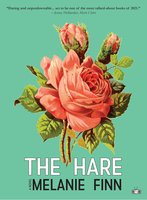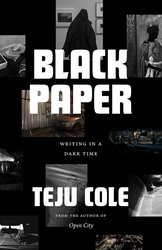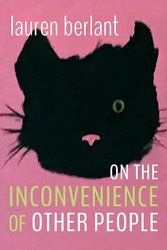* 2021 Vermont Book Award, Winner. * 2021 New England Book Awards, Finalist. * A3C Reads: March 2023 Book of the Month. "A Most Anticipated Book of 2021" — Elle, Bustle, BuzzFeed, Vulture The Hare is an affecting portrait of Rosie Monroe, of her resilience and personal transformation under the pin of the male gaze. Raised to be obedient by a stern grandmother in a blue-collar town in Massachusetts, Rosie accepts a scholarship to art school in New York City in the 1980s. One morning at a museum, she meets a worldly man twenty years her senior, with access to the upper crust of New England society. Bennett is dashing, knows that “polo” refers only to ponies, teaches her which direction to spoon soup, and tells of exotic escapades with Truman Capote and Hunter S. Thompson. Soon, Rosie is living with him on a swanky estate on Connecticut’s Gold Coast, naively in sway to his moral ambivalence. A daughter—Miranda—is born, just as his current con goes awry forcing them to abscond in the middle of the night to the untamed wilderness of northern Vermont. Almost immediately, Bennett abandons them in an uninsulated cabin without a car or cash for weeks at a time, so he can tend a teaching job that may or may not exist at an elite college. Rosie is forced to care for her young daughter alone, and to tackle the stubborn intricacies of the wood stove, snowshoe into town, hunt for wild game, and forage in the forest. As Rosie and Miranda’s life gradually begins to normalize, Bennett’s schemes turn malevolent, and Rosie must at last confront his twisted deceptions. Her actions have far-reaching and perilous consequences. An astounding new literary thriller from a celebrated author at the height of her storytelling prowess, The Hare bravely considers a woman’s inherent sense of obligation—sexual and emotional—to the male hierarchy, and deserves to be part of our conversation as we reckon with #MeToo and the Brett Kavanaugh Supreme Court confirmation hearing. Rosie Monroe emerges as an authentic, tarnished feminist heroine.






